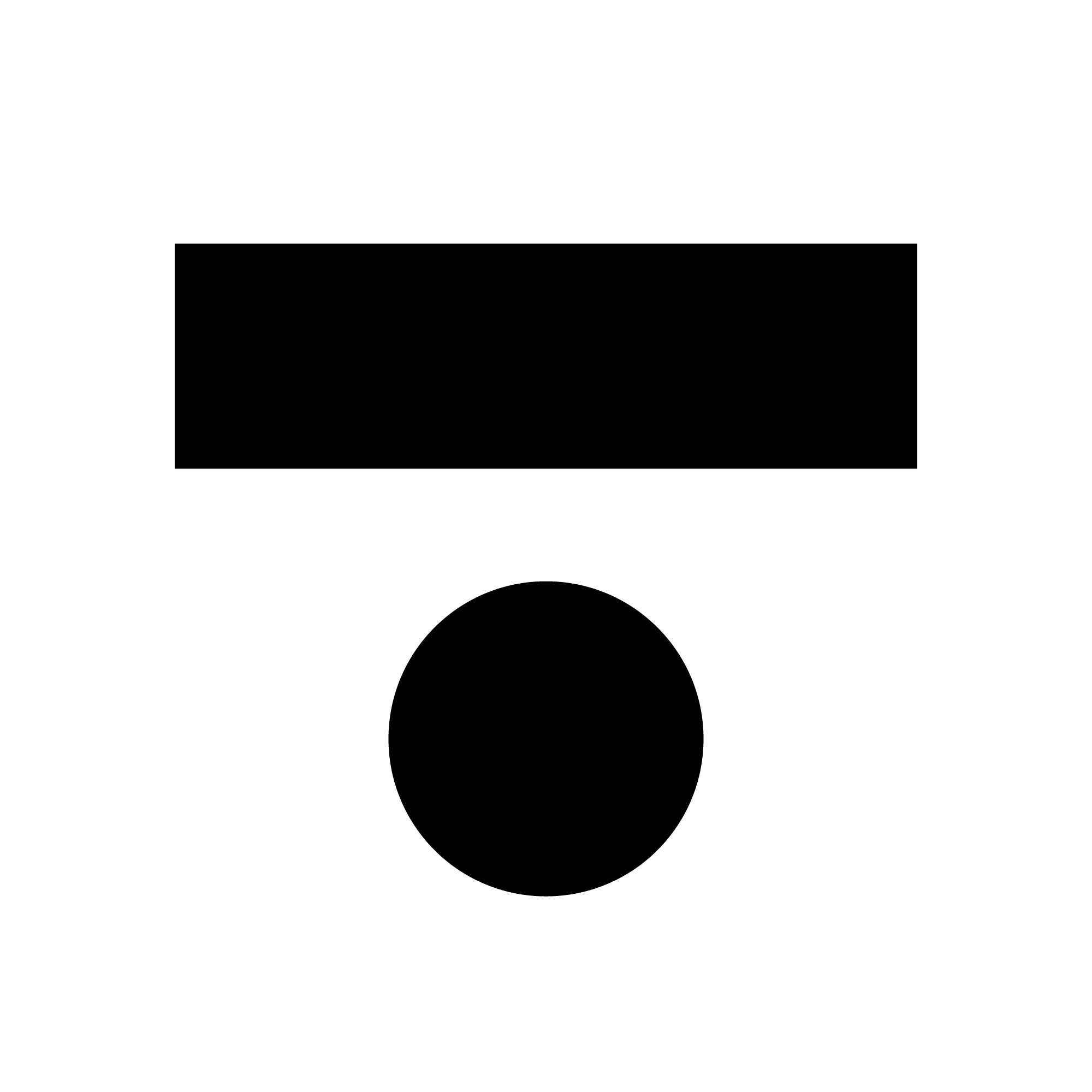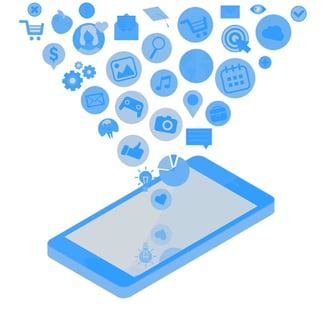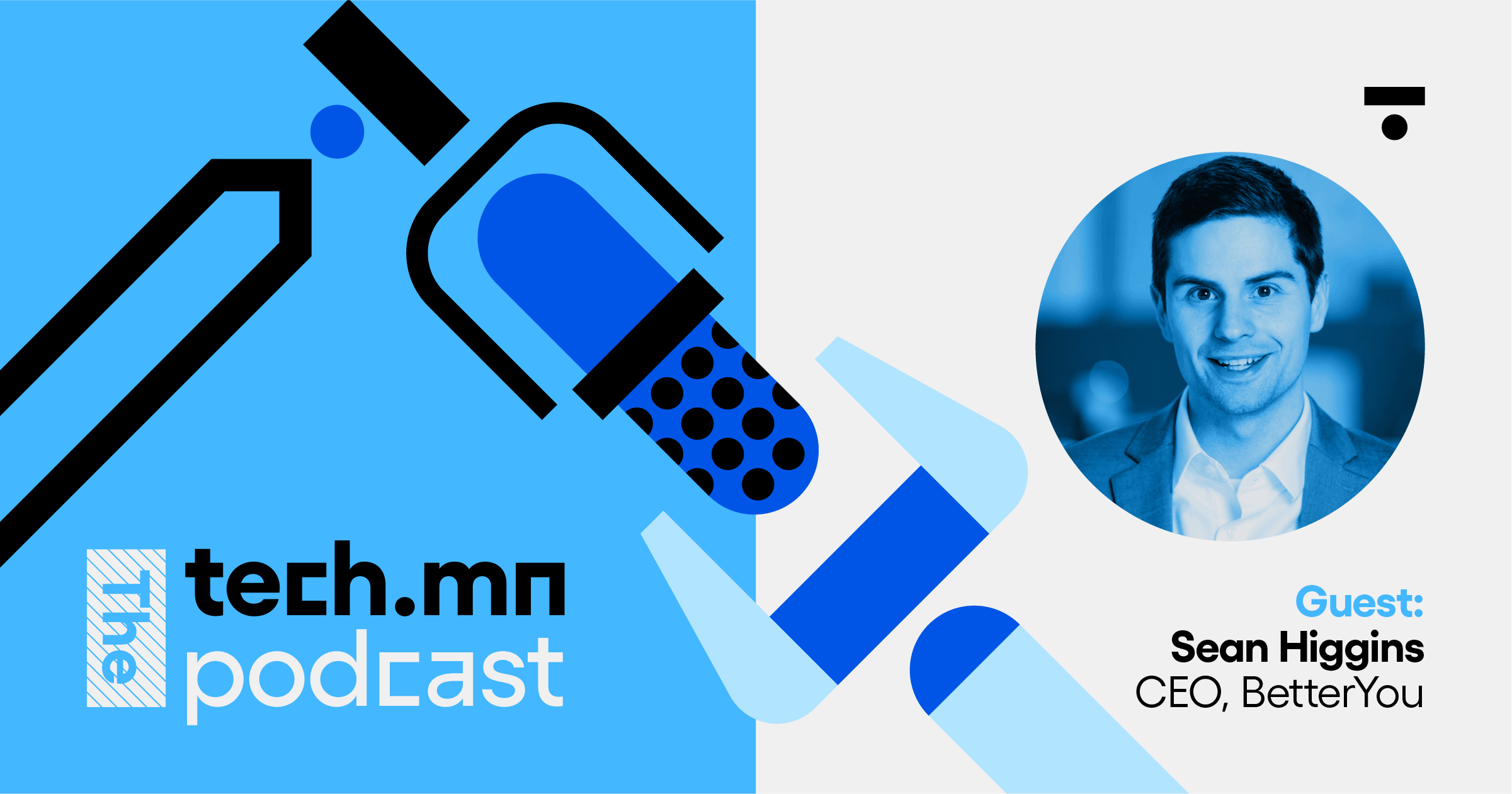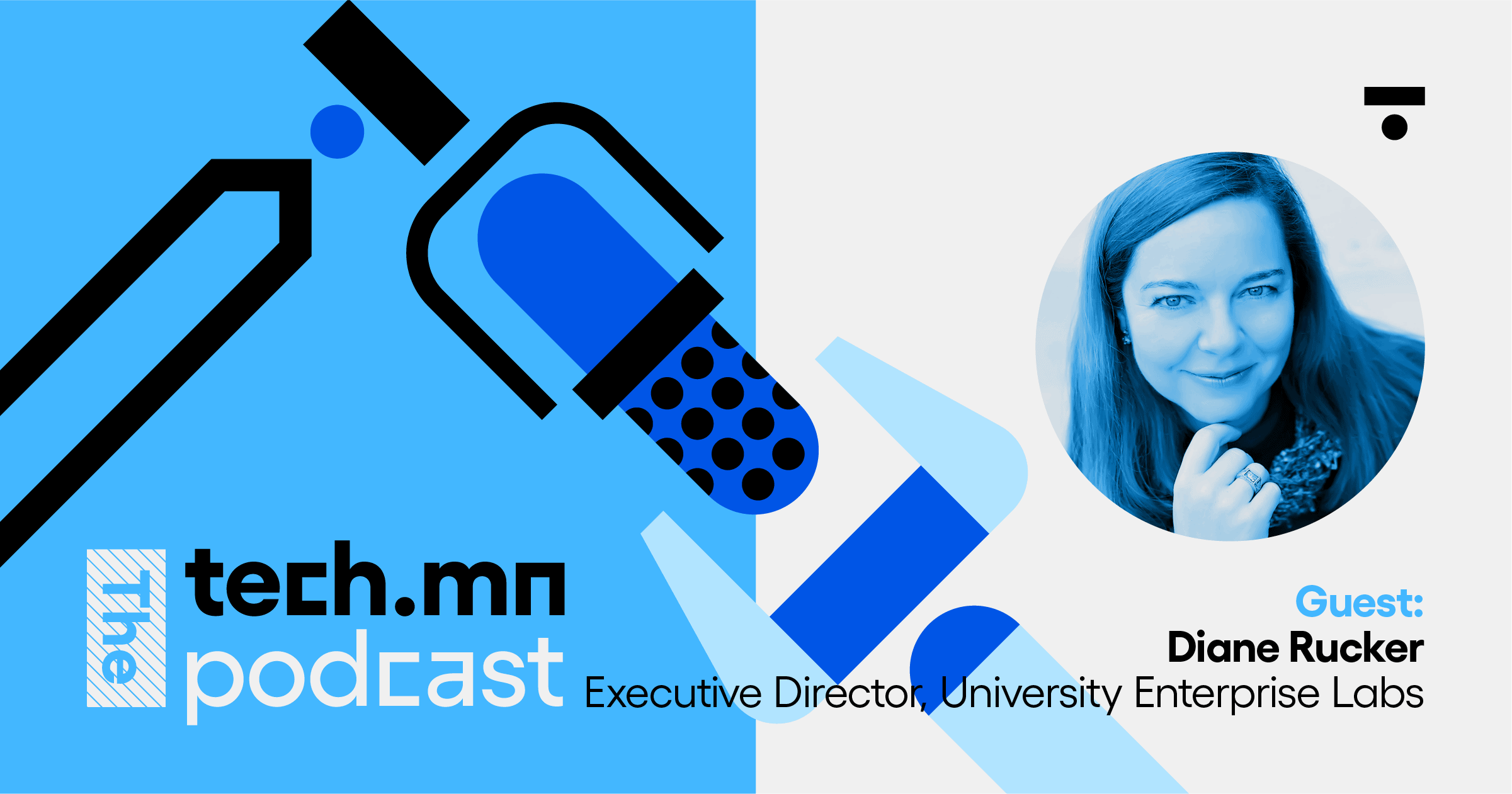Welcome to our latest FAQ Friday — digital apps FAQ — where industry experts answer your burning technology and startup questions. We’ve gathered top Minnesota authorities on topics from software development to accounting to talent acquisition and everything in between. Check in each week, and submit your questions here.
This week’s FAQ Friday is sponsored by Coherent Solutions. Coherent Solutions is a software product development and consulting company that solves customer business problems by bringing together global expertise, innovation, and creativity. The business helps companies tap into the technology expertise and operational efficiencies made possible by their global delivery model.
Meet Our FAQ Expert
Max Belov, CTO of Coherent Solutions
Max Belov has been with Coherent Solutions since 1998 and became CTO in 2001. He is an accomplished architect and an expert in distributed systems design and implementation. He’s responsible for guiding the strategic direction of the company’s technology services, which include custom software development, data services, DevOps & cloud, quality assurance, and Salesforce.
Max also heads innovation initiatives within Coherent’s R&D lab to develop emerging technology solutions. These initiatives provide customers with top notch technology solutions IoT, blockchain, and AI, among others. Find out more about these solutions and view client videos on the Coherent Solutions YouTube channel.
Max holds a master’s degree in Theoretical Computer Science from Moscow State University. When he isn’t working, he enjoys spending time with his family, on a racetrack, and playing competitive team handball.
This Week’s FAQ Topic – Digital Apps
How are digital apps supporting new ways of doing business?
Digital apps are enabling companies to communicate and interact with their customers and prospects. Phone applications give users the ability to create shopping carts and lists to pick up at the store, order online and ship, reserve tables, and make appointments. Still, more companies are elevating the user experience even further. An example is a granite countertop company that produced an app to change your countertops to their products in real-time using your phone’s camera in your kitchen! These mixed reality/augmented reality and virtual reality platforms produce experiences like being at the stores and showrooms. Amazon, Target and many big-name retailers allow you to “place” products in your home with their virtual application. Users are getting faster response times with more communication avenues like chat, click to dial, and click-for callback integrations into native store apps. Apps can send notifications such as availability on products or time slots for safer visits, etc.
How can custom apps help businesses retain customers and clients while adhering to distancing regulations?
Reservation apps will be essential or real-time data on current capacity within venues. Things like check-in and checkouts could give that real-time data for businesses to adhere to policy while also alerting potential visitors that they have a safe space to enter. Native apps can use features that are built-in in the OS and hardware of the phone. Push notifications, haptic sensor feedback and alerts, purchases with Face ID, and fingerprints. The popularity of virtual visits for both health/wellness consult is apparent but also in the examples of personal training, in-home consultations and b2b meetings.
What types of custom apps can help with logistics and workflow?
There are apps on the market that are already covering gaps for this question. Slack, Microsoft Teams, and others allow collaboration in real-time, face-to-face meetings, and can delineate tasks and track progress. If a business has unique requirements, a custom application could include features like a time clock for check-ins and breaks that alert your colleagues. If you have security requirements, a custom app that adheres to compliance requirements (HIPAA, etc.) or infosec policies could be implemented.
Cell phones have become an integrated accessory into our daily lives. Customer retention, outreach, marketing, shopping, meetings, informing, and all the above can be performed at much more intimate levels and in real-time with native applications. Throwing in the use of cool emerging technologies can only ensure more interaction and adoption of your phone applications.
Hungry for more information on mobile development? Visit Coherent Solutions to learn more about how the company can help your business.
Still curious? Ask Max and the Coherent Solutions team questions on Twitter at @CoherentTweets.
![]()
Don’t stop learning! Get the scoop on a ton of valuable topics from Max Belov and Coherent Solutions in our FAQ Friday archive.







